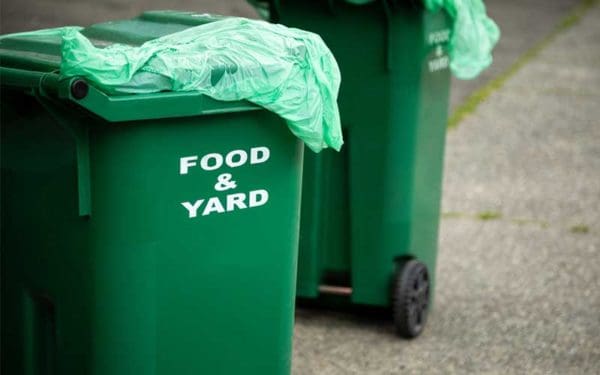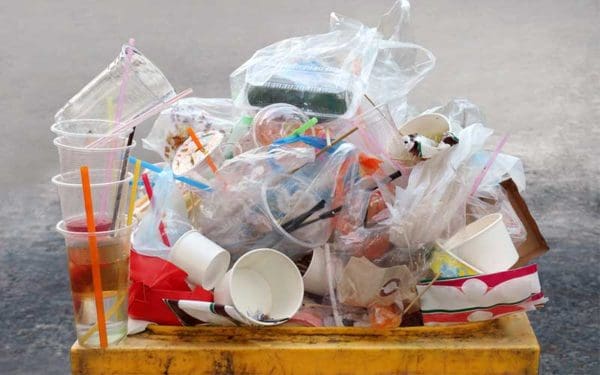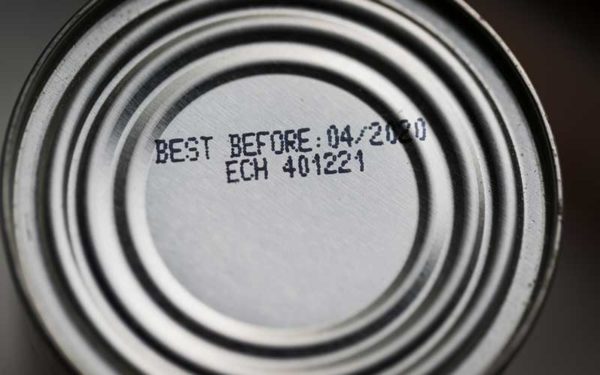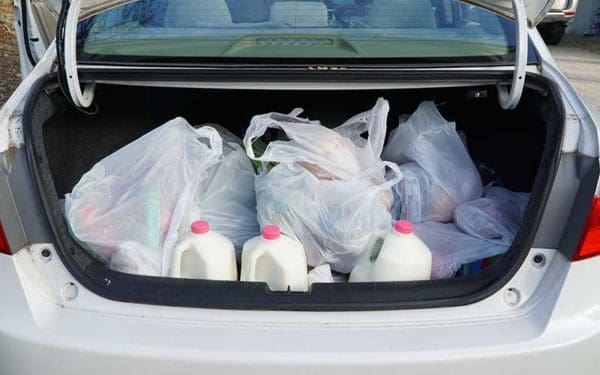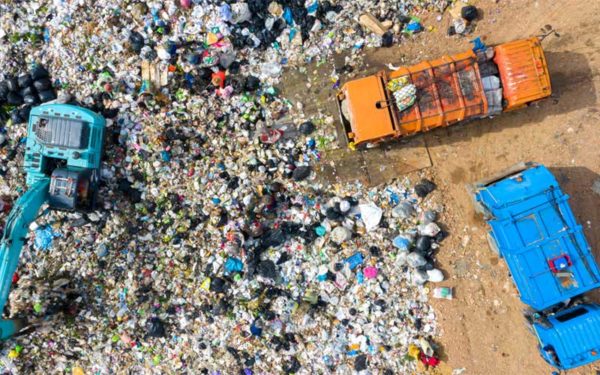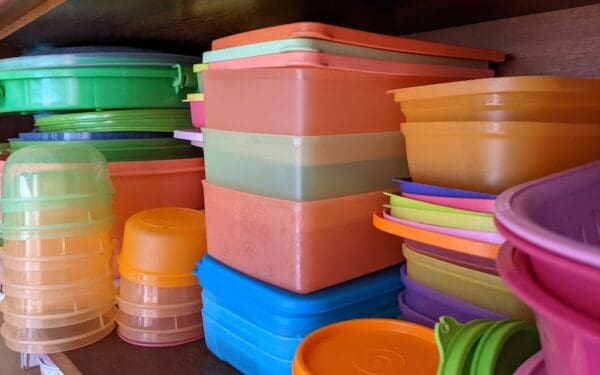Why is Composting Important? (Hint: It Will Help Solve Our Trash Crisis)
The uptick in composting is a huge step forward in combatting our trash crisis. But we can’t do the hard work on our own. We need cities, towns, and states to invest in infrastructure that will make composting easy and affordable for everyone.
